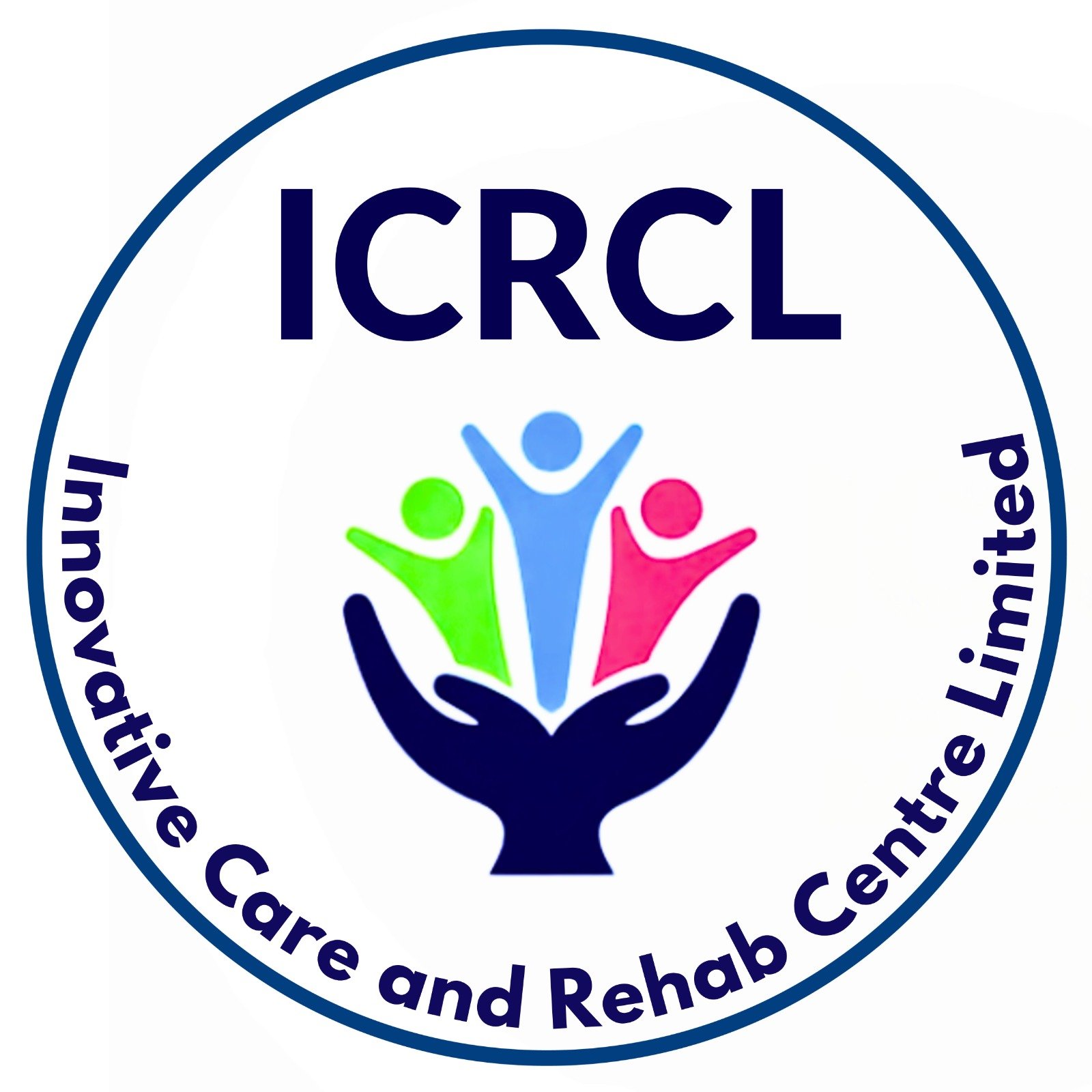Understanding Autism
Autism Spectrum Disorder (ASD) is a developmental condition that
affects how a person communicates, interacts with others, and
experiences the world. It's known as a "spectrum" because its
characteristics and challenges vary widely from person to
person. Some individuals may have significant support needs,
while others may be more independent. At its core, autism
involves differences in social communication and the presence of
restricted or repetitive behaviors or interests.

Common Characteristics
While every child with autism is unique, some common traits may
include:
-
Difficulty with social interactions and interpreting social
cues.
- Challenges with verbal and non-verbal communication.
-
Repetitive behaviors or movements (e.g., hand-flapping,
rocking).
- Strong, focused interests in specific topics.
-
Sensory sensitivities (being over- or under-sensitive to
sounds, lights, textures, etc.).
- Preference for routine and predictability.
How We Support Your Child
Our approach is holistic and tailored to each child's individual
profile. We use evidence-based practices to foster development
in key areas:
-
Speech and Language Therapy: To improve
verbal communication, understanding of language, and use of
alternative communication methods (like PECS or devices).
-
Occupational Therapy: To address sensory
processing challenges, develop fine motor skills for daily
tasks, and create effective "sensory diets."
-
Behavioral Support: Using principles of
Applied Behavior Analysis (ABA) to encourage positive
behaviors and reduce challenging ones.
-
Social Skills Groups: A supportive
environment for children to practice turn-taking,
conversation, and friendship skills with peers.
Our Aim and Achievements
Our primary goal is to empower your child to lead a happy,
fulfilling, and independent life. We celebrate every milestone,
big or small. Success for us means:
-
Improved ability to communicate needs and wants effectively.
- Greater confidence and success in social situations.
-
Better emotional regulation and fewer instances of
overwhelming meltdowns.
-
Increased independence in daily routines at home and school.
-
Empowering families with strategies to support their child's
growth.

